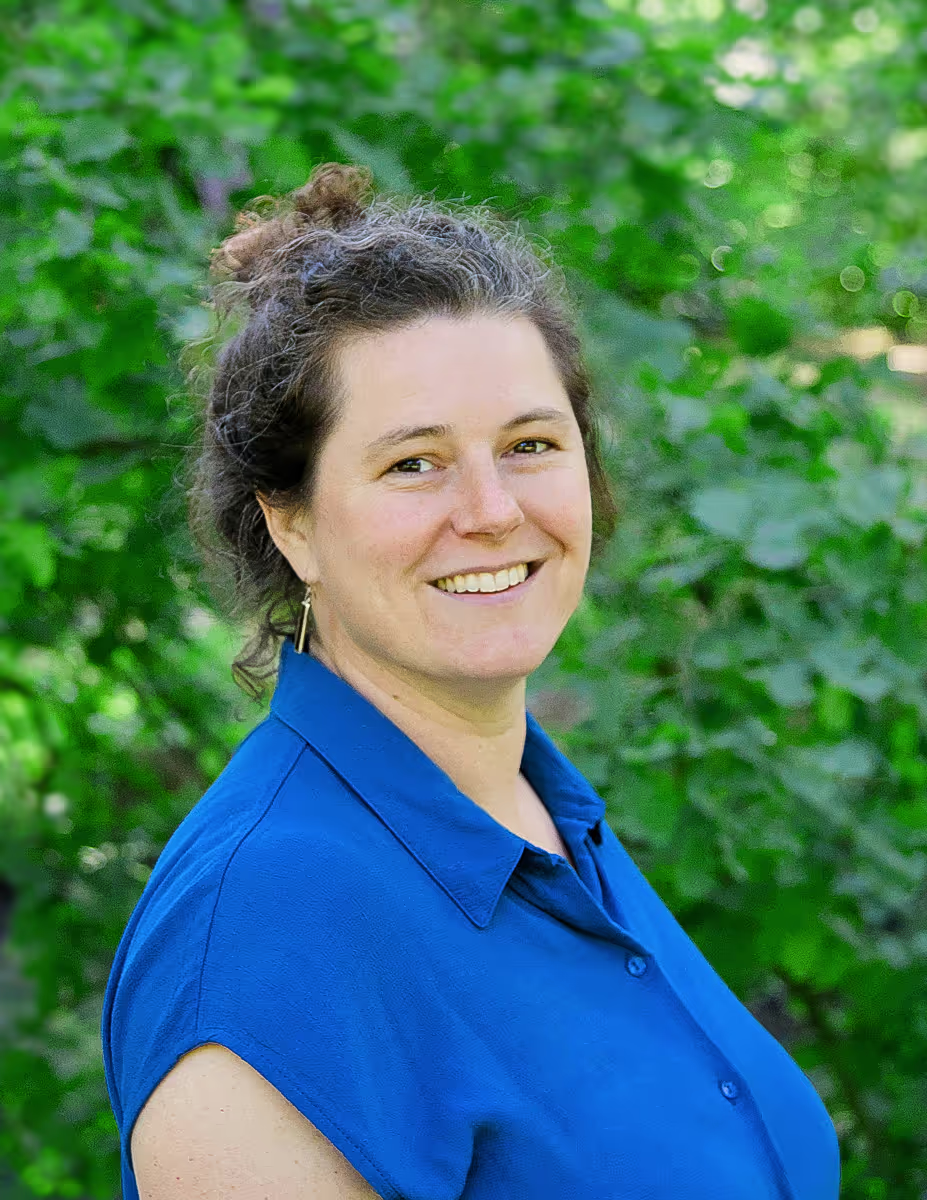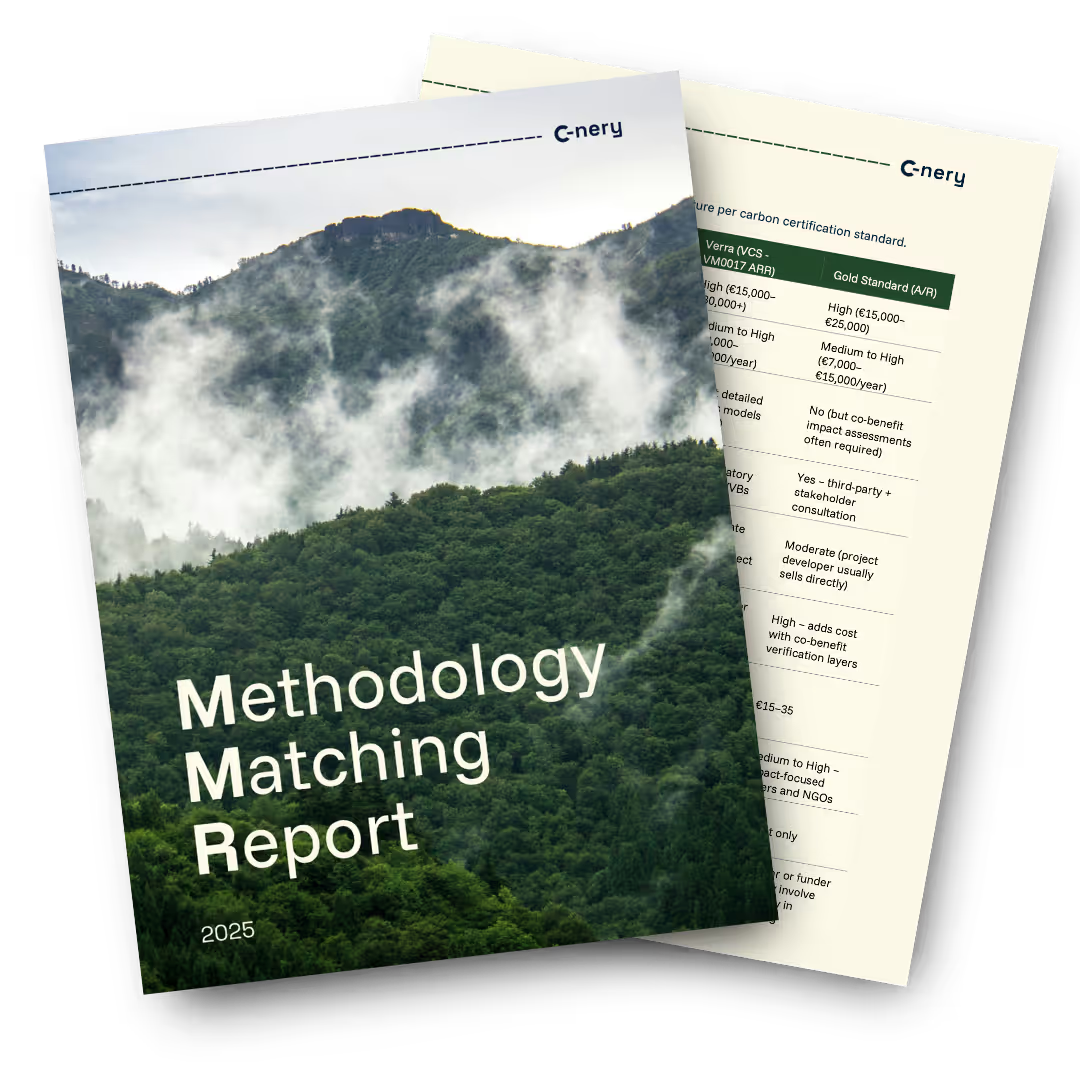Module 2: The financial and carbon balance — making the link
Mastering the financial fundamentals of carbon projects is essential for success.

Date: April 30, 2026
Location: Brussels
The carbon balance and financial balance are more connected than ever.

Certification, monitoring, long-term commitments all have a cost. The revenue from carbon credits depend on market timing, methodology, and how you sell. Is your company exploring carbon projects? Then understanding the financial implications is essential.
From markets to financials
After learning how carbon markets work, the next challenge is understanding how credits appear in financials. A credit may seem like a simple unit of emissions, but in accounting it can be inventory, an intangible asset, or eventually a liability: choices that shape your balance sheet, reporting, and climate credibility.
Costs, revenues, and financial risks
This module dives into the financial fundamentals of carbon projects. Certification, monitoring, and long-term commitments bring costs, while revenues depend on market timing, methodology, and sales strategy. Many projects fail because these financial questions aren’t clear from the start.
You’ll learn how carbon credits are treated in a company’s financial reporting: in the balance sheet, income statement, and under IFRS and GAAP. We explore when credits are classified as inventory, intangible assets, or provisions; how self-generated credits differ from purchased ones; and what happens when credits are sold, retired, or held for future use. You’ll also walk through real accounting examples: journal entries, tax implications, compliance use, revenue models, and forestry or ecosystem service projects. Finally, we connect accounting to market integrity, showing how verification, reversals, and transparency affect balance sheet risk, and how “quality” is reflected in financial terms.
By the end of this module, you’ll be able to read and interpret the financial side of carbon credits with confidence.
Who is this training for?
For sustainability, finance, or operations professionals who need to align environmental action with accounting rules, reporting standards, and financial decision-making.
No prior knowledge or carbon project idea required.
what you learn:
- Classify carbon credits under GAAP and IFRS (assets, inventory, liabilities).
- Account for emissions, credit use, sales, and retirement.
- Understand “zero-cost” self-generated credits.
- Report forestry and nature-based projects in financials.
- Ensure integrity and transparency in carbon reporting.
Price: € 995 (excl VAT). Early commitment rate: € 895, available until 15 February 2026. This price includes coffee, lunch and all training materials.

Discover the other training module
The Carbon Market & The Carbon Project Life Cycle
€ 995 (€ 895 until 15 Feb)
Duration: 1 day
Let's talk
trainers
Your experts

Johanna Huylenbroeck

Nele Van Beveren
C-nery is a climate driven tech company that helpscarbon projects get off the ground, faster.
We reduce complexity, save time, and empower sustainability, carbon and financial professionals to create real, certifiable impact. Our platform matches your project with the right methodology in days, not months—so you can move faster, with confidence.
